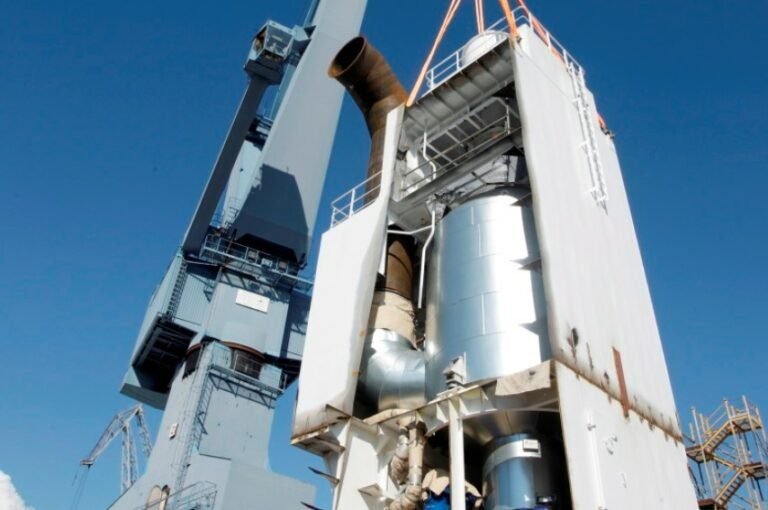The Swedish government has announced plans to implement a scrubber ban in its waters, starting with a prohibition on discharges from open-loop scrubbers from July 1, 2025. By January 1, 2029, all discharges from scrubbers into water will be banned in Sweden. The move aims to address concerns about the environmental impact of emissions into the sea, particularly from exhaust gas cleaning systems (EGCSs) used to comply with sulfur content regulations.
Andreas Carlson, Sweden’s Infrastructure and Housing Minister, highlighted the importance of reducing emissions into the air without causing harm to marine environments. While there is no uniform EU legislation on scrubber discharges, many countries and ports have issued their own prohibitions. Swedish shipowners have already shifted to low-sulfur fuel to meet emission requirements, but a national ban on scrubber discharges aims to ensure compliance across the board.
Research from Chalmers University of Technology revealed that scrubber discharge water contains high levels of contaminants, posing risks to marine ecosystems. Climate and Environment Minister Romina Pourmokhtari emphasized the harmful effects of scrubber emissions on both the marine environment and climate, making the scrubber ban proposal a crucial step towards sustainability. By addressing the environmental impacts of scrubber discharges, Sweden aims to further reduce sulfur emissions while protecting marine ecosystems.







